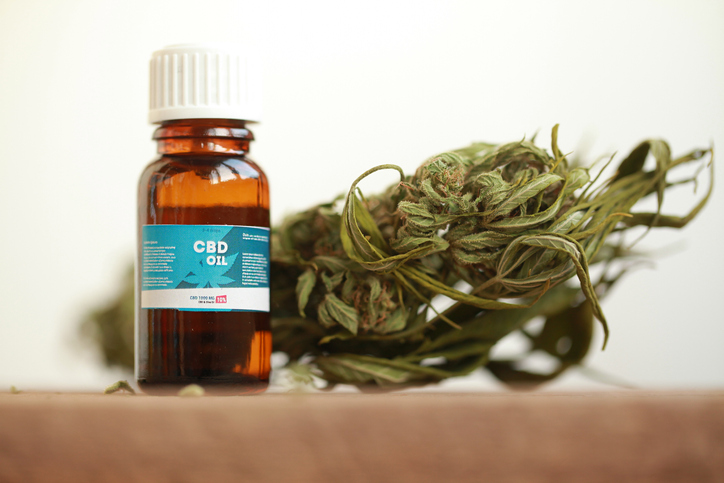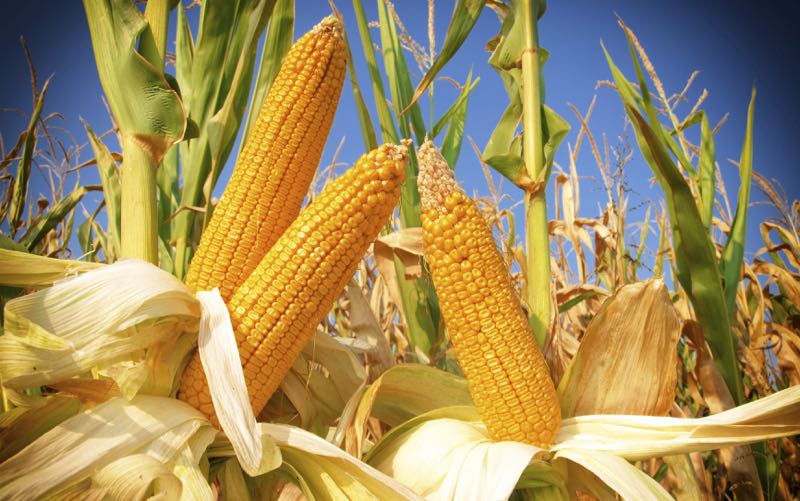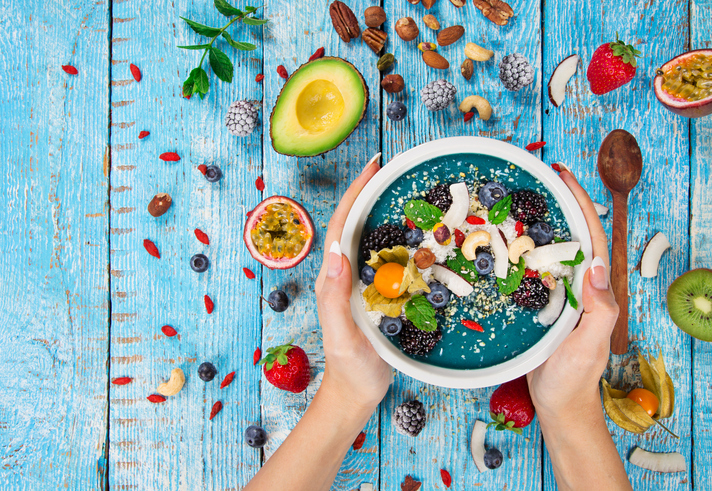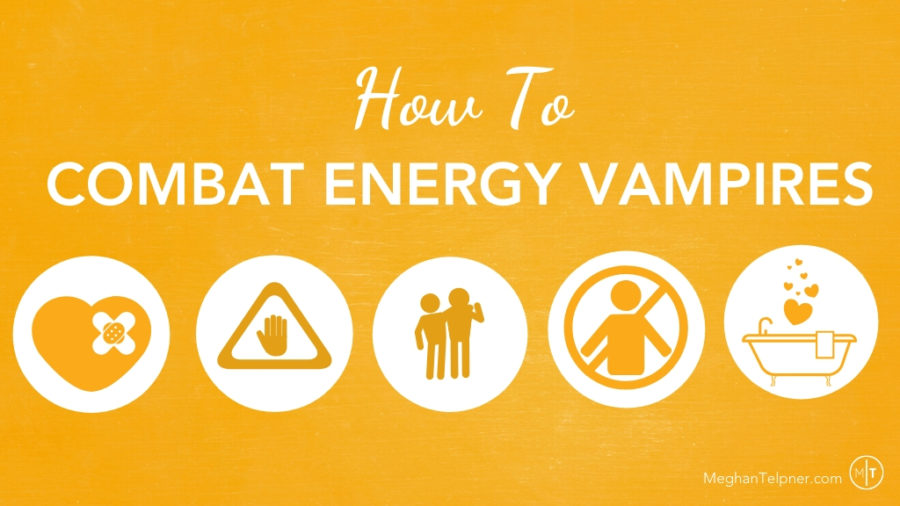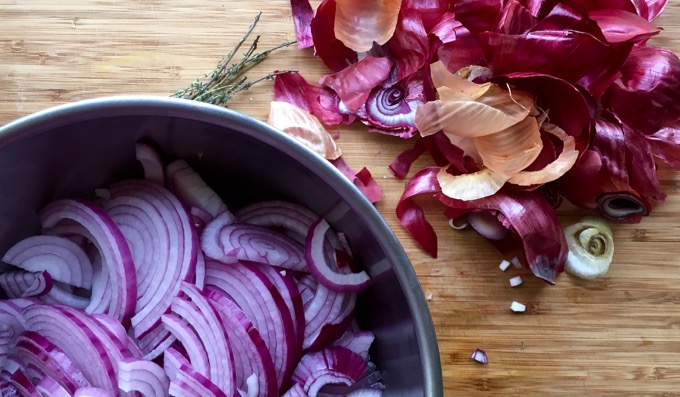Food Recalls: What You Need to Know
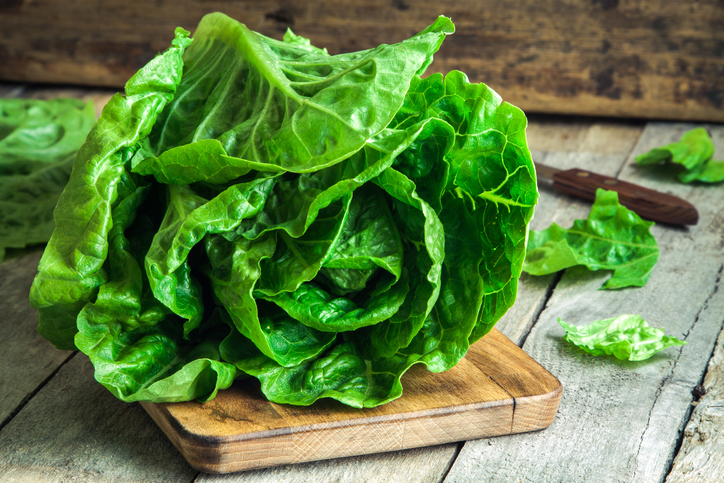
First it was almonds, then spinach and of course, who can forget the romaine lettuce recall of 2018? The timing of that was amusing here in Canada as it happened the same time Cannabis was legalized. Suddenly everyone was celebrating that weed was allowed and salad was banned. These recalls are horrible. It’s terrible that people are getting sick, and it’s devastating to the farmers who grow the recalled food. It’s an insanely massive loss and waste of resources – money, fossil fuels and food. Unfortunately, food recalls are happening more and more.
Large scale agriculture and food processing has allowed us to expand the variety of items we eat and have access to foods from around the globe. Without it, at least here in Canada, by March we’d be eating food that was harvested six months prior, or the foods we preserved ourselves. We certainly wouldn’t be able to enjoy cacao, pineapple, avocados, coconut, olives, citrus fruits or any number of delicious goodies that come from more tropical climates. This convenience and taste delight, has its environmental cost. The challenge, however, is that it’s not just single produce items. It’s happening with mass-produced processed foods, too. Yes, it’s convenient to have access to whatever we want whenever we want, but food industrialization has its dark side – and food recalls are one costly indication of how our food system is broken.
When you look at lists of recalled foods or see them reported in the news, it’s often highly processed junk foods and frozen foods that are contaminated with food-borne bacteria – the chicken nuggets, deli meats, dairy products, burgers, pizza and the like. I subscribe to Canada’s food recall email list and lately it seems like glass shards are being found in processed foods every other day. How? Why? And of course we know that single ingredients and organic food aren’t immune to food recalls: in recent years we’ve seen recalls on romaine lettuce, spinach and salad mixes, organic baby food, organic frozen berries, peanut butter and other nut butters, spices and herbs, brewer’s yeast, flours and more.
Why Foods Recalls Occur
Call me a child but every time I see a food recall I think, uh oh, someone was packing food with traces of poop on their hands that didn’t get sufficiently cleaned. Is this accurate? Not 100% of the time, but unfortunately it can’t be ruled out 100% of the time either which would be my preference. Here are the main reasons why food recalls occur:
- Confirmed or possible contamination of foodborne bacteria, viruses or parasites that may cause illness
- Mislabelled or undeclared allergens in a product
- Defective packaging or packaging flaws that may cause food to spoil
- Contamination of an undesired ingredient that is not in line with popular diets (for example, if a vegan product may be recalled if discovered it accidentally contains a non-vegan ingredient)
- Contamination from a non-foodborne illness (glass, rodents, poop etc.)
Common Reasons For Food Recalls
Some of the common virus, bacteria or parasites that propel companies to initiate food recalls are:
- E. coli
- Salmonella
- Listeria monocytogenes
- Hepatitis A and E
- Norovirus
- Clostridium botulinum (botulism)
These can cause anything from gastrointestinal upset – like nausea, diarrhea, cramps and vomiting – to flu-like symptoms to more serious and severe consequences, including death. There are about 4 million cases of foodborne illness in Canada every year; in the United States, it’s about 48 million.
The 100 Cow Burger: Why Food Recalls affect so much food
Have you heard the rumour that one fast food hamburger can contain bits from up to 100 cows? That’s part of the problem. And it’s not limited to fast food. In Canada, a lot of the organic produce we get in the winter is from only a few companies. It’s nice to think that these organic brands are quaint, family-run farms growing raspberries, and cauliflower and an abundance of baby carrots. But it’s not – at least not on its own single farm. Many of these ‘farms’ actually buy from a massive number of smaller farms or acquire farms to grow specific crops. They have several packaging facilities where food is shipped to after harvesting and it is then packaged and distributed out under one brand.
With that 100 cow burger, we have a similar thing happening. Meet is purchased from hundreds of feedlots, and sent to a few facilities for processing.
What happens is that when there is one contaminated cow, or one farm that has found traces of Norovirus, there’s no way to trace that one farm’s production. Food has been gathered in one place from hundreds of farms and then sent out across the continent, or in some cases, the world to thousands of stores and millions of households.
That is how a massive food recall is born.
Are Food Recalls on the Rise?
It depends on who you ask – as well as what illness you’re looking at. In the United States, the number of recalls increased by 10% between 2013 and 2018, according to published data. Canadian data shows that recall rates are relatively stable, with undeclared allergens accounting for about 40% of the recalls, while microbes account for 30% of the recalls. The same data indicates that in recent years listeria has been on the rise, while E. coli is on the decline.
Other experts argue that there are additional factors that make it seem like food recalls are more frequent, such as advances in the technology that detect pathogens more easily and the time of year – outbreaks can be concentrated in the warmer months, as the heat causes microbes to proliferate. Companies also sometimes issue recalls to be extra cautious, even if they think the risk is very low – the ‘better be safe than sorry’ approach.
While nobody is perfect, food recalls do indicate flaws in our food system. Mass production of processed foods doesn’t always allow for traceability or quality control, or employees aren’t trained properly, or governments don’t have the resources to fully monitor or enforce food safety as they could.
How to Prevent Foodborne Illness
If you’ve been reading this blog for awhile, you know that I advocate for cooking from scratch using fresh ingredients. Home cooking, rather than relying on processed foods, can greatly reduce your risk of foodborne illness and help you avoid worrying about food recalls. Still, there are many others ways you can prevent foodborne illness in your kitchen.
1. Pay Attention to Food Recalls
Arm yourself with accurate information and stay up to date on the latest recalls. Studies indicate that Canadians aren’t always paying attention to communication from the government or companies about recalls and underestimate the amount of recalls that happen each year. With the amount of noise in traditional media and social media, I like to stay informed by subscribing to Canada’s High-Risk Food Recall Warnings. You can also set up Google alerts for food recalls.
2. Reduce or Limit Consumption of Large-Scale, Highly Processed Foods
Many food recalls are for highly processed and packaged products, such as beverages, canned foods, frozen foods like fish sticks and processed meats. For recalls of certain ingredients like frozen or fresh vegetables, it’s often the huge industrialized brands that are doing the recalling.
3. Focus on Local Ingredients
By purchasing from local farmers and suppliers, you can feel more confident that you are buying from someone you trust. Having face to face interactions with the people who grow your food allow you to ask lots of questions and even visit the farm to see how things are run. Here are 10 important questions to ask your farmer as a starting point.
4. Be Careful When Buying (and Cooking) Animal Products
Animal products like meat, poultry, dairy and eggs are highly susceptible to the growth of bacteria. It’s important to purchase animal products from a butcher, farmer or grocery store that processes and handles these items properly. As consumers, we also need to defrost, prepare and cook animal products properly (it helps to have a meat thermometer so you can read the internal temperature, and a separate cutting board in your kitchen for meat only). Here’s what you need to know about meat labels.
5. Be Mindful When Buying From Bulk Bins
It pains me to add this one here, as I’m a huge advocate of using bulk bins to reduce packaging. If you have any serious allergies to other things sold in bulk like nuts, sesame, or wheat/gluten you’ll want to steer clear of the bulk section at your local supermarket or health food store. It takes one person to put the spoon into the wrong bin to contaminate the whole thing. There are also frequently recalls due to contamination having nothing to do with the store, but the producer.
6. Wash Your Hands and Clean Surfaces!
I’m a germaphobe so this one is important for me in all areas, not just food safety. Ensure you always wash your hands before cooking and eating food, and clean surfaces properly before and after food preparation. We only use non-toxic cleaning products in our home – you can check out this ultimate guide to non-toxic home cleaning and my 5 favourite essential oils for cleaning if you’re interested.
Food recalls are scary, and governments and companies can only do so much to prevent them. It’s up to us as consumers to take an active role in our health and food safety, and do our best to serve safe food to ourselves and our families.
My approach with food safety is to buy from small, optimally local producers, as often as possible. This doesn’t make me immune to a food recall, but it will certainly reduce the risk.
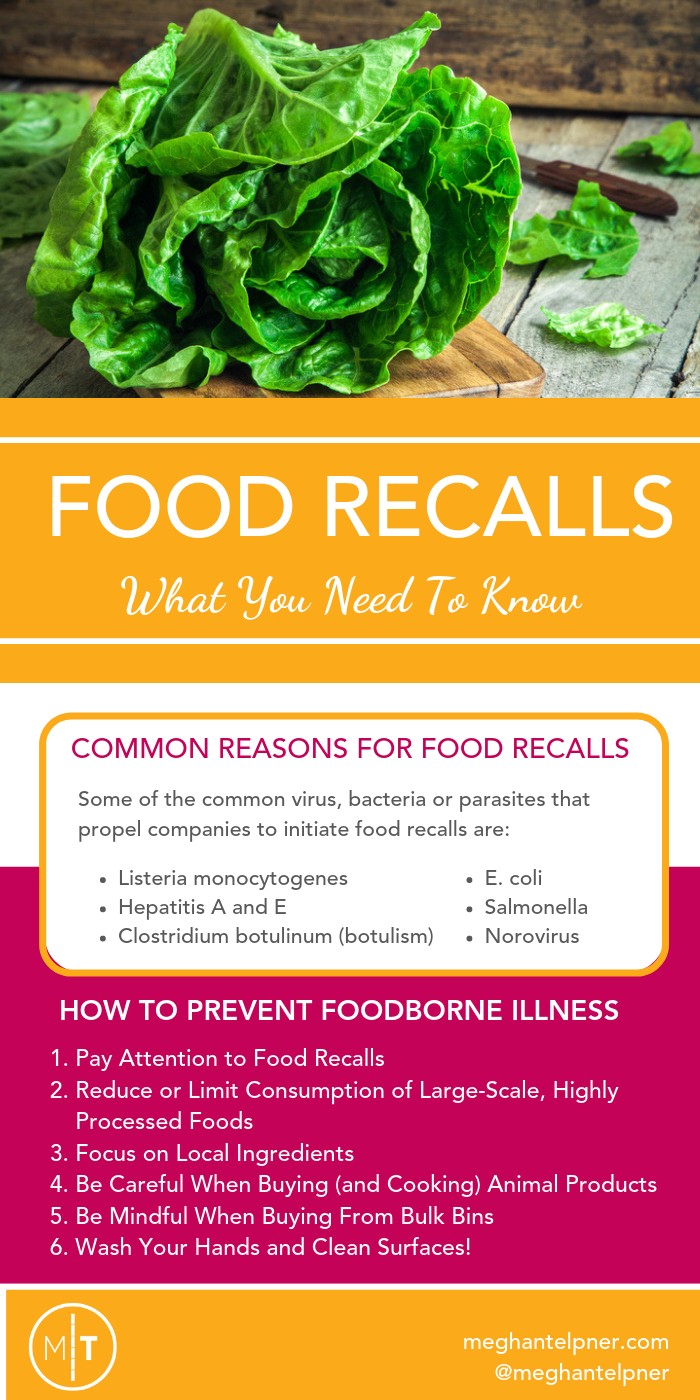
Photo: iStock wmaster890
Free Resource Library
Enjoy more than 40 downloadable guides, recipes, and resources.















